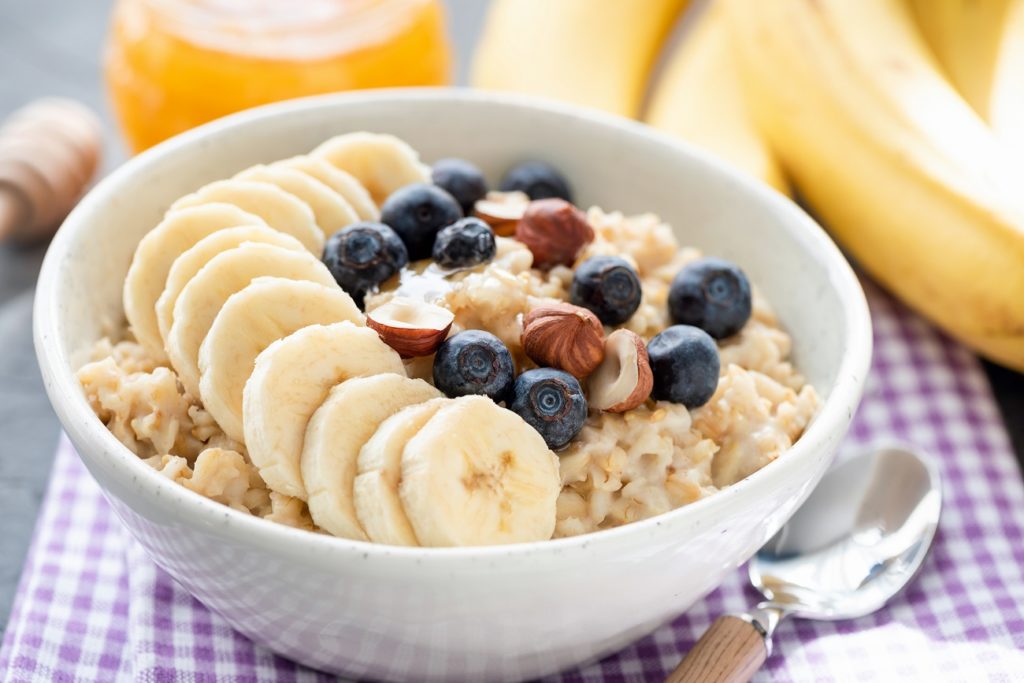
FSSAI has initiated “Diet4Life” to help people understand metabolic disorders. The FSSAI initiative will provide a comprehensive platform for parents, healthcare professionals and parent support groups to adopt the right approach towards Inborn Errors of Metabolism (IEM) management.
In India many babies suffer from life threatening conditions of IEM, and treatment of these metabolic disorders requires early nutritional and dietary intervention. In view of the seriousness of the issue, FSSAI has initiated this unique platform for parents to find timely medical support and treatment. FSSAI has entered into a partnership with professional organizations, healthcare professionals and corporates to address the challenge that plagues a small section of our society. You can get more information regarding the above on https://diet4life.fssai.gov.in/index.html
The following FAQs will provide a better understanding of the food and import laws that govern these special foods for children suffering from IEM
Which products are covered under the scope of this direction?
The products covered under the scope of this direction are special foods intended for infants and young children suffering from IEM and allergenic conditions as listed in the Annexure to the direction.
What is the date of implementation of this direction and who are bound by this direction?
This direction has been made effective from 02.11.2016. This direction is required to be followed by the central and state food authorities (including Authorized Officer) and those food business operators who intend to manufacture or import the products covered under the scope of this direction. The duration of this direction will be effective for a period of two years or till the time their standards are developed and notified, whichever is earlier.
What is the applicability of IMS Act to these foods?
It is clarified that these diets are a separate category of Foods for Special Medical Purposes (FSMP), the specific provisions of the IMS Act relating to marketing, promotion and sponsorship would apply to these diets to prevent any potential misuse of this platform to promote normal infant foods or infant milk substitutes as defined under the IMS Act”.
Will the import requirements change in anyway?
Import of such products shall be allowed based on special permission given by FSSAI after due examination of composition, label and claims. Consignments strictly adhering to approved composition, label and claims can be imported without need of re-examination. In case of any change in composition or label information or claims, the importing firm should submit the necessary documents to FSSAI for examination well before import.
Since the products covered under this direction are lifesaving products, the examination of shipments will be taken on priority by the Authorized Officers and/or other relevant authorities. The shipments will be cleared after satisfactory examination of shipping documents, label, certificate of analysis and testing as per the certificate of analysis and for other relevant food safety related parameters, as may be necessary.
What are the labelling requirements for these products?
The labelling on the article of food shall be in accordance with the Food Safety and Standards (Packaging and Labelling) Regulations, 2011.
Provided that Specific labelling requirements laid out for Infant milk substitute and infant food under Regulation 2.4.1 Food Safety and Standards (Packaging and Labelling) Regulations, 2011 are not applicable for these products.
The importer may carry out rectifications as provided under the Food Safety and Standards (Import) Regulations, 2017 for the rectifiable labelling requirements namely
- FSSAI logo and license number
- (ii) name and address of importer
- (iii) veg/ non-veg logo and
- (iv) Category or sub category along with generic name, nature and composition for proprietary food.
For any deviation to above, the importer may submit the labels in advance to FSSAI with specific request.
Will these foods for IEM disorders and hypoallergenic formula for allergenic conditions require BIS certification mark?
No. The products are customized to address the specific needs arising out of the above conditions which are diverse in nature. Hence Regulation 2.3.14 (4) of the Food Safety and Standards (Prohibitions and Restrictions on Sales) Regulations, 2011 are not applicable to these foods.
Will these foods for IEM disorders and hypoallergenic formula for allergenic conditions fall under the scope of Second Schedule (for standard pack sizes) under Legal Metrology rules?
No. As per order vide WM-19(60)/2016 dated 14.12.2016 of Legal Metrology Division, Ministry of Consumers Affairs, Food and Public Distribution the pack sizes prescribed in the Second Schedule of Legal Metrology (Packaged Commodities) Rules 2011 are not applicable for products covered under this directive till 14.12.2017.
Which are the ports where such products can be imported?
To begin with, imports will be allowed in Delhi & Mumbai ports for smooth clearance of consignments.
Can these foods be allowed for advertisements?
No. The products need to be taken under medical supervision and shall not be allowed for advertisement for general public.
Source: FSSAI
Leave a Reply